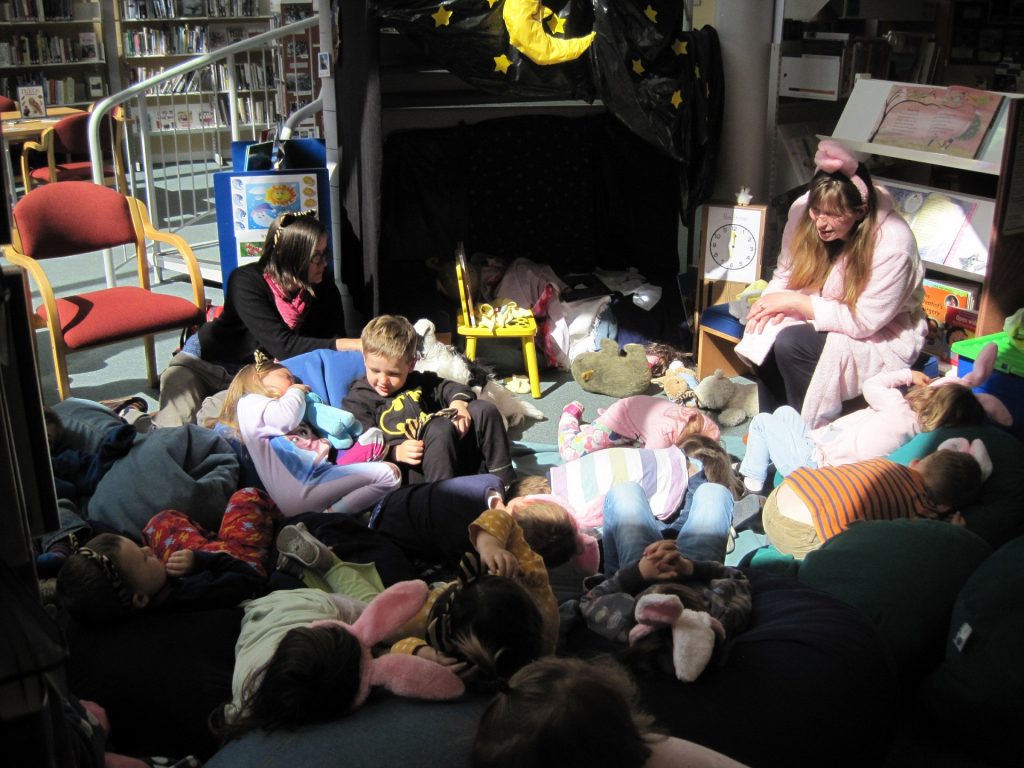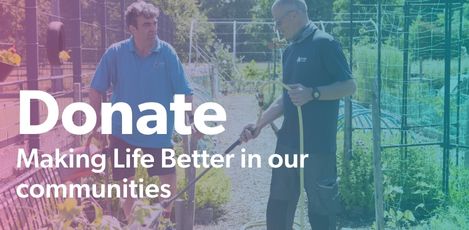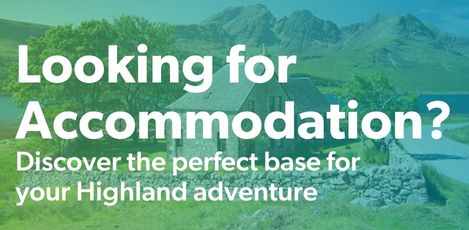
Earlier this year, High Life Highland Libraries submitted a bid to the Public Library Improvement Fund (PLIF) for £6,000 to develop the ‘High Life Highland Making Sense for Communities’ project.
High Life Highland are delighted to announce that this has recently been approved by the Scottish Library and Information Council (SLIC).
With inclusion being at the heart of the services offered by High Life Highland Libraries, the sensory project aims to engage with and improve the health and wellbeing of hard-to-reach groups including those with autism, dementia, physical impairment, and those who are socially isolated.
The project will also help to tackle the cost-of-living crisis, offering free sensory experiences across the Highlands.
Using a suite of sensory resources, which includes: a sensory projector, sensory toys, and a sensory book collection, the service will deliver a range of activities that improve participants mental health and physical dexterity.
The portable nature of the equipment will allow staff to develop greater outreach work and deliver activities across Highland communities.
Throughout the length of the project, High Life Highland will be engaging closely with schools, care homes and partners such as Alzheimer’s Scotland, as well as the wider community.
By participating in High Life Highland’s Leadership Programme, young people aged between 12-25 will also be able to contribute to the project by volunteering at library sensory events and learning life skills that can support them with future employment opportunities.
Julie Corcoran, High Life Highland’s Head of Libraries, said: “High Life Highland was delighted to learn that we had been successful in securing funding for this innovative project.
“It is vital that library services are accessible to all different customer groups and this funding will enable High Life Highland to offer a more inclusive programme of activities to Highland communities.”
Having secured the funding, High Life Highland libraries are working towards sourcing the equipment and resources, developing a programme of training for staff, recruiting young volunteers, and identifying a range of opportunities to engage with communities in 2024.






